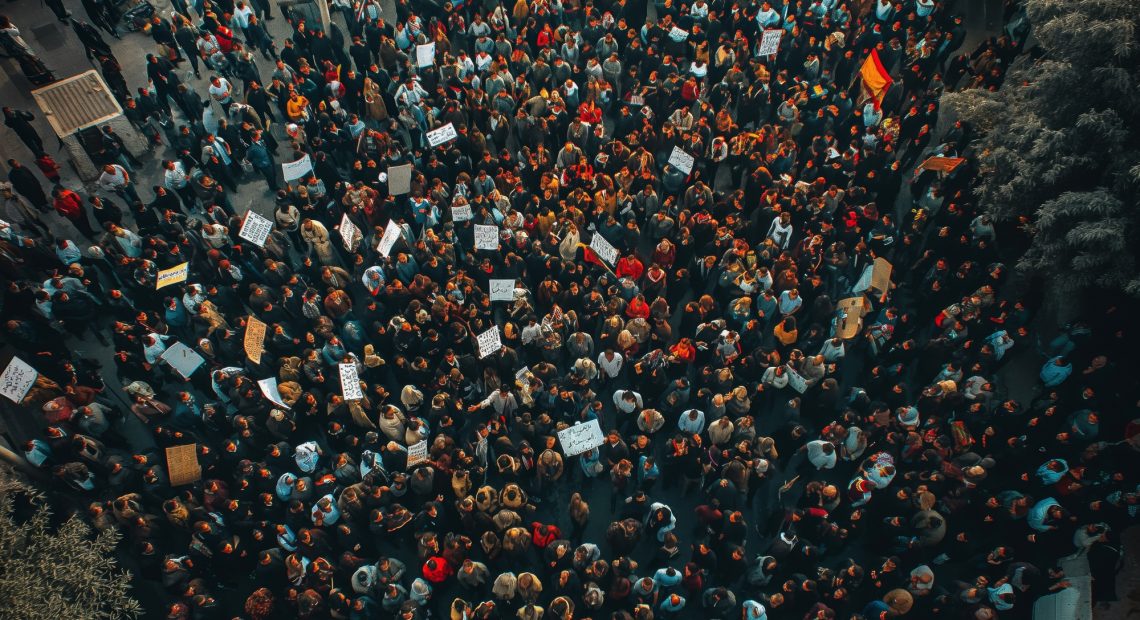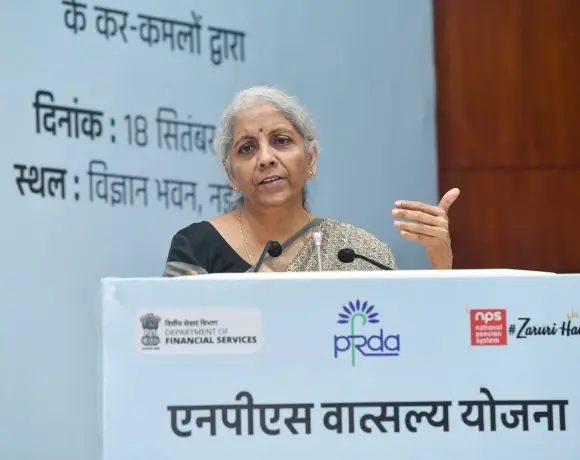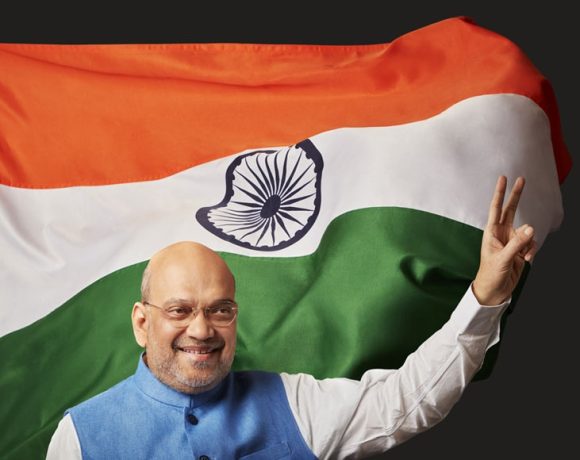
India to Conduct First Caste Census Since 1931 in 2026
The Government of India has announced that the next nationwide population census will commence on April 1, 2026, and, for the first time in over nine decades, will include comprehensive caste enumeration. The census will be conducted in two phases under the Census Act of 1948 and the Census Rules of 1990, with the reference date set for March 1, 2027.
This significant policy shift aims to gather detailed data on the socio-economic status of various caste groups, which is expected to inform future decisions on affirmative action, resource allocation, and social welfare programs. The inclusion of caste data in the census has been a longstanding demand from various political parties and social groups advocating for social justice and equitable representation.
Political Reactions and Regional Implications
The announcement has elicited varied responses across the political spectrum. In Uttar Pradesh, Samajwadi Party chief Akhilesh Yadav asserted that the caste census in the state would be conducted under a government led by the PDA (Pichrde, Dalits, Alpsankhyaks) coalition, expressing confidence in winning the 2027 state assembly elections.
In Bihar, Chief Minister Nitish Kumar welcomed the decision, thanking Prime Minister Narendra Modi for approving the nationwide caste census, a key demand of his party, the JD(U). He highlighted the importance of the census in addressing the needs of marginalized communities and criticized previous governments for not undertaking such an initiative.
Preparations and Outreach Efforts
Ahead of the census, various political and social organizations are intensifying outreach campaigns to encourage participation, especially among backward and marginalized communities. In Karnataka, the BJP has launched a statewide campaign targeting Dalit and OBC communities, emphasizing the census’s role in shaping future reservation and welfare policies. Similarly, civil society organizations are organizing awareness initiatives across cities like Bengaluru and Mysuru to ensure comprehensive participation.
The inclusion of caste data in the upcoming census marks a pivotal moment in India’s approach to social equity and policy planning. By collecting detailed demographic information, the government aims to create a more inclusive framework for addressing the diverse needs of its population.


















